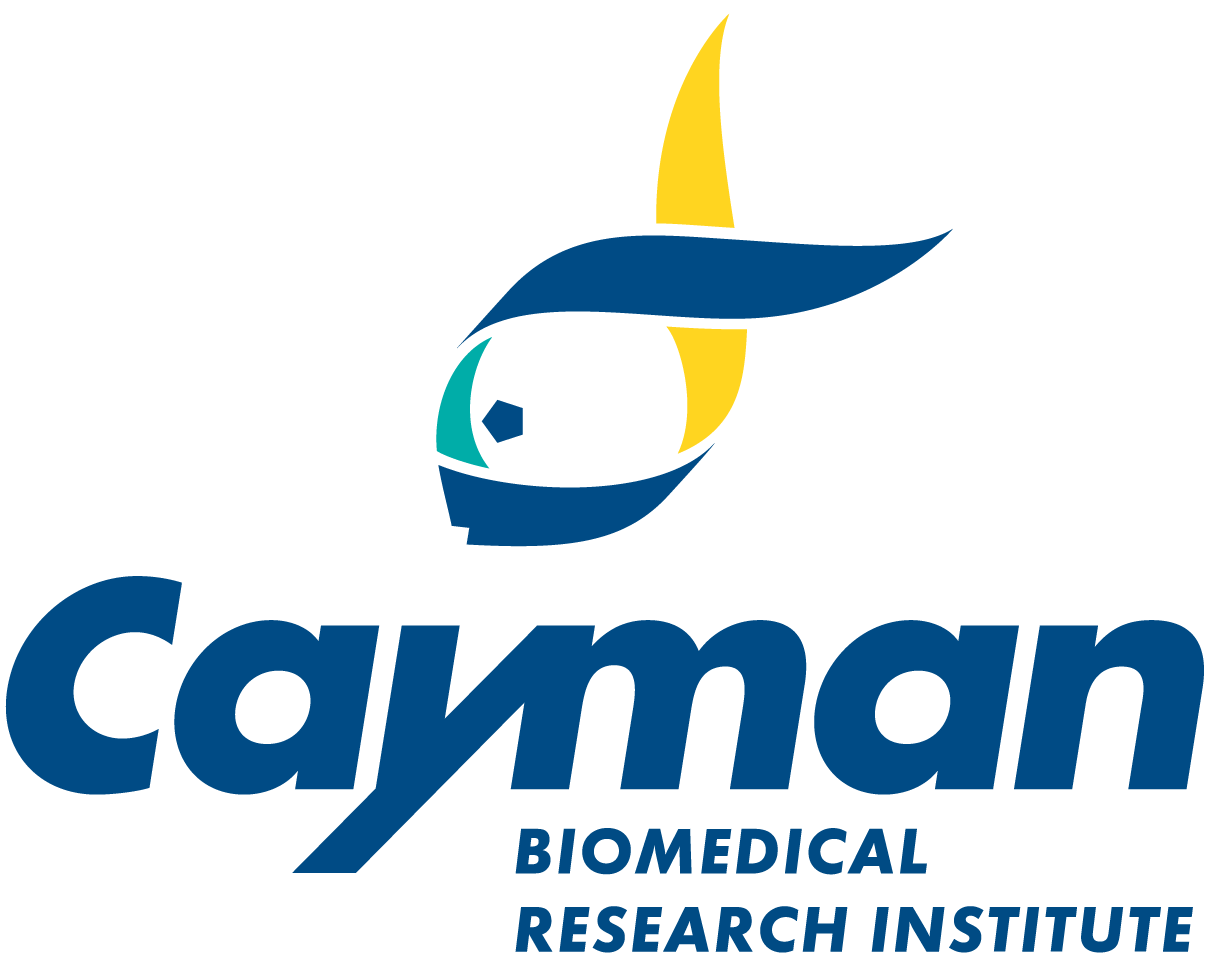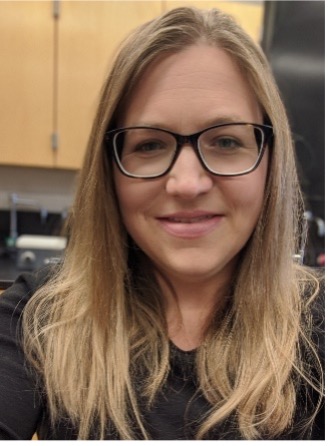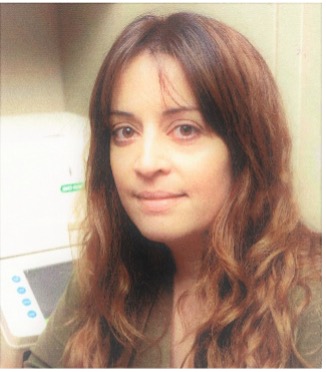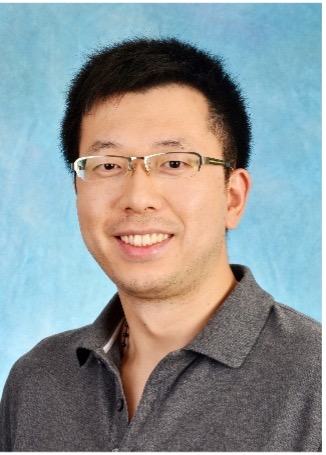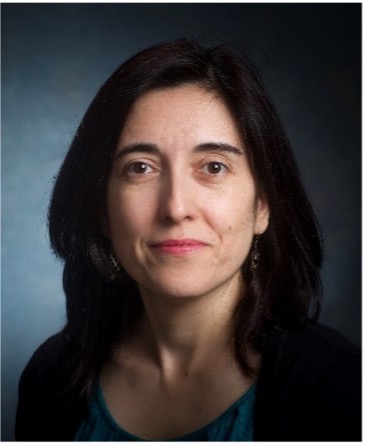The Cayman Biomedical Research Institute (CABRI) is pleased to announce that applications for our undergraduate fellowships and scholarship program are open.
Undergraduate fellowships are available on a competitive basis to undergraduate students who have been offered an unpaid research position by a qualified principal investigator. Up to $5,000 per semester is available to each mentee-mentor team, with the entire amount paid as compensation to the undergraduate. The principal investigator will be responsible for the mentorship and guidance of the student during the period of the award.
“These fellowships are an excellent training opportunity for undergraduates to expand their knowledge outside the lecture hall,” said Kourtney Goode, Academic Relations Coordinator at Cayman Chemical. “Hands-on research is an equally valuable learning experience that introduces a student to a potential career path and fosters the growth of their talents.”
Undergraduate fellowship applications may be submitted on the CABRI website from August 22nd to September 18th, 2022, and awardees will be notified by October 16th, 2022.
As part of CABRI’s commitment to help college-bound students continue their education after losing a parent or guardian to sinonasal undifferentiated carcinoma (SNUC) or B-cell lymphoma, scholarships are available to support the continued education of these students.
Scholarship applications are accepted throughout the year and are available on the CABRI website.
CABRI is a nonprofit foundation that helps reduce the impact of rare diseases by funding research and supporting expanded opportunities for emerging scientists and families affected by these diseases. Contact CABRI with any questions about these funding opportunities.
